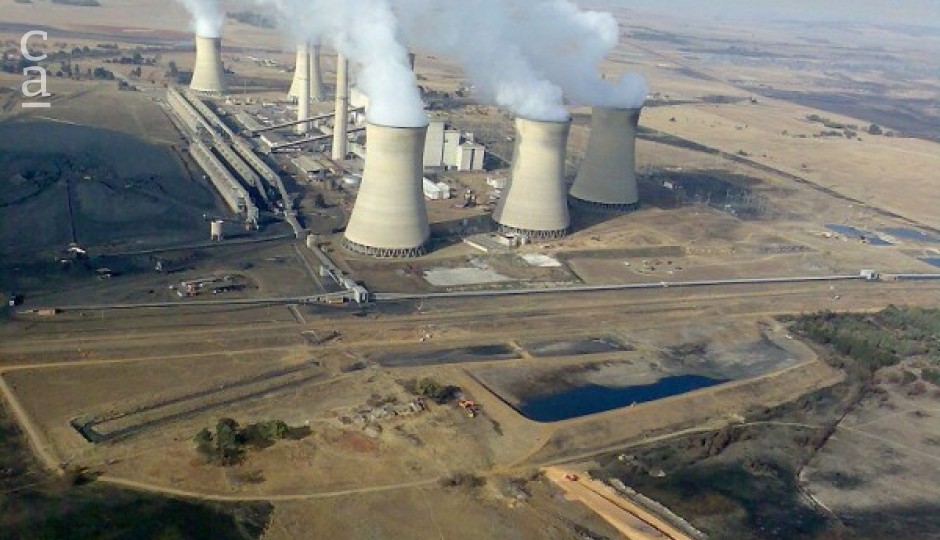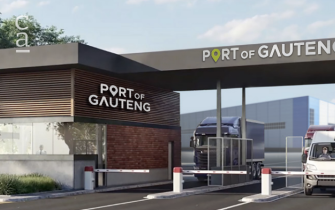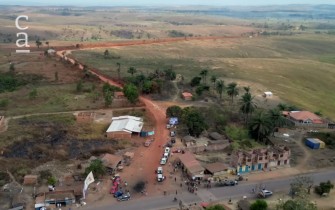Southern Africa
Conference Puts South Africa's Energy Poverty In Focus
Africa Energy week highlighted need to invest in power generation and renewables.

Industry leaders gathered in Cape Town, South Africa, for Africa Energy Week in October 2022 to discuss energy poverty and the transition to renewables.
Verner Ayukegba, Senior Vice President of the African Energy Chamber, speaking to CNN International, described the energy situation as “Six hundred million people without any kind of
Want to continue?
Subscribe to get access to premium content
By subscribing you get access to the Newsfeed, Tenders, Events



